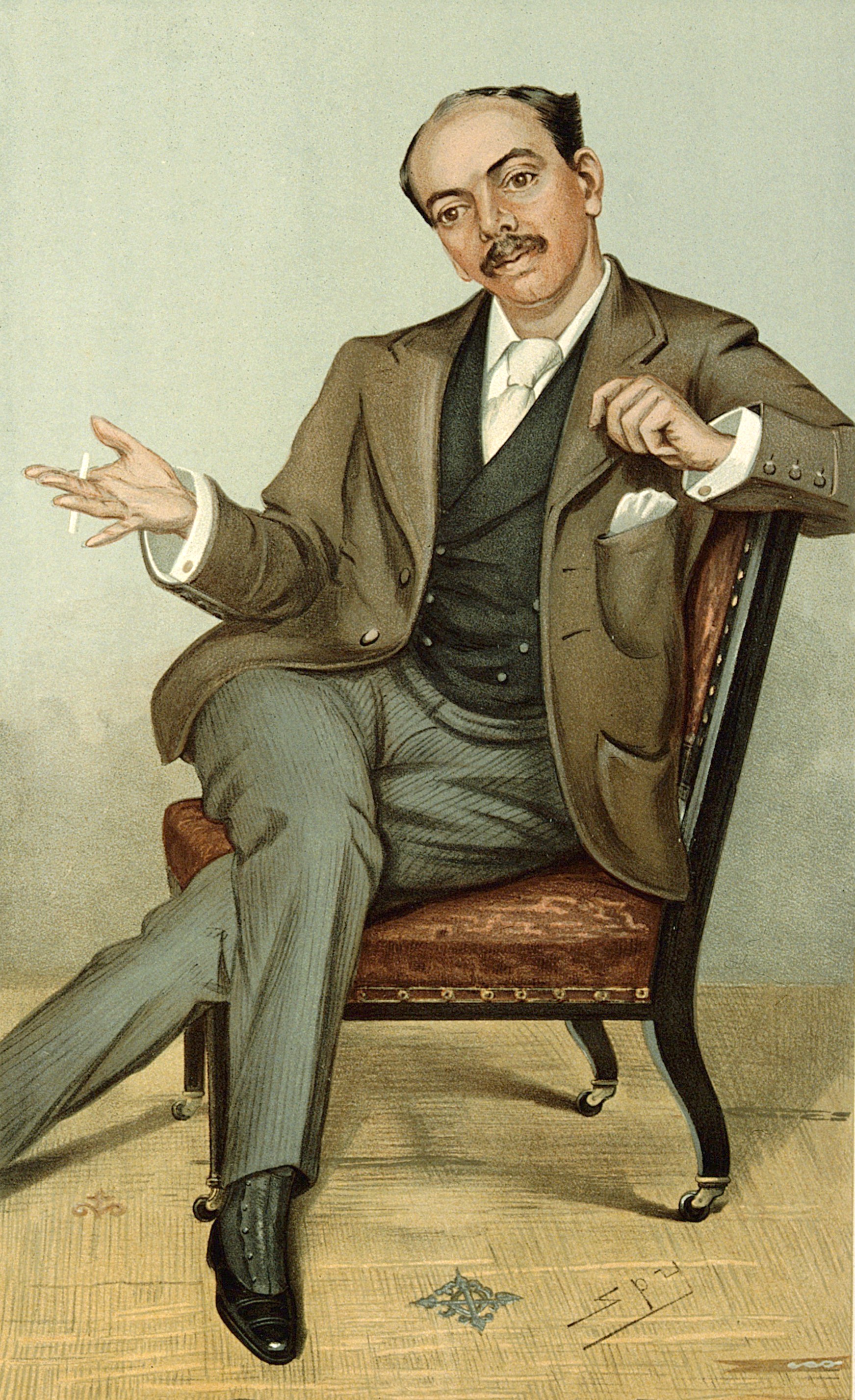|
Trial At Bar
A trial at bar is a trial before two more judges. The procedure was often used in cases which raised novel points of law or for high-profile trials. Among famous trials at bar are the trials of Sir Roger Casement and Dr Leander Starr Jameson, In England and Wales, in civil cases where the Crown is interested, the Attorney General's right to claim a trial at bar is expressly preseved by Section 40(2)(g) of the Crown Proceedings Act 1947 The Crown Proceedings Act 1947 (c. 44) is an Act of the Parliament of the United Kingdom that allowed, for the first time, civil actions against the Crown to be brought in the same way as against any other party. The Act also reasserted the com ..., but the practice seems to have fallen into disuse.''Halsbury's Laws of England'', vol. 20 (2014), section 278. References Legal procedure Trials ... [...More Info...] [...Related Items...] OR: [Wikipedia] [Google] [Baidu] |
Roger Casement
Roger David Casement ( ga, Ruairí Dáithí Mac Easmainn; 1 September 1864 – 3 August 1916), known as Sir Roger Casement, CMG, between 1911 and 1916, was a diplomat and Irish nationalist executed by the United Kingdom for treason during World War I. He worked for the British Foreign Office as a diplomat, becoming known as a humanitarian activist, and later as a poet and Easter Rising leader. Described as the "father of twentieth-century human rights investigations", he was honoured in 1905 for the Casement Report on the Congo and knighted in 1911 for his important investigations of human rights abuses in the rubber industry in Peru. In Africa as a young man, Casement first worked for commercial interests before joining the British Colonial Service. In 1891 he was appointed as a British consul, a profession he followed for more than 20 years. Influenced by the Boer War and his investigation into colonial atrocities against indigenous peoples, Casement grew to mistrust imper ... [...More Info...] [...Related Items...] OR: [Wikipedia] [Google] [Baidu] |
Leander Starr Jameson
Sir Leander Starr Jameson, 1st Baronet, (9 February 1853 – 26 November 1917), was a British colonial politician, who was best known for his involvement in the ill-fated Jameson Raid. Early life and family He was born on 9 February 1853, of the Jameson family of Edinburgh, the son of Robert William Jameson (1805–1868), a Writer to the Signet, and Christian Pringle, daughter of Major-General Pringle of Symington House. Robert William and Christian Jameson had twelve children, of whom Leander Starr was the youngest, born at Stranraer, Wigtownshire (now part of Dumfries and Galloway), in the south-west of Scotland, a great-nephew of Professor Robert Jameson, Regius Professor of Natural History at the University of Edinburgh. Fort's biography of Jameson notes that Starr's "chief Gamaliel, however, was a Professor Grant, a man of advanced age, who had been a pupil of his great-uncle, the Professor of Natural History at Edinburgh." Leander Starr Jameson's somewhat unusual n ... [...More Info...] [...Related Items...] OR: [Wikipedia] [Google] [Baidu] |
Crown Proceedings Act 1947
The Crown Proceedings Act 1947 (c. 44) is an Act of the Parliament of the United Kingdom that allowed, for the first time, civil actions against the Crown to be brought in the same way as against any other party. The Act also reasserted the common law doctrine of Crown privilege but by making it, for the first time, justiciable paved the way for the development of the modern law of public interest immunity. The Act received royal assent on 31 July 1947 and came into force on 1 January 1948. There remain significant differences between Crown proceedings and claims between private parties, especially as to enforcement of judgments. Background Before the Act, the Crown could not be sued in contract. However, as it was seen to be desirable that Crown contractors could obtain redress, they would otherwise be inhibited from taking on such work, so a petition of right came to be used in such situations, especially after the Petitions of Right Act 1860 simplified the process.Bradle ... [...More Info...] [...Related Items...] OR: [Wikipedia] [Google] [Baidu] |
Legal Procedure
Procedural law, adjective law, in some jurisdictions referred to as remedial law, or rules of court, comprises the rules by which a court hears and determines what happens in civil, lawsuit, criminal or administrative proceedings. The rules are designed to ensure a fair and consistent application of due process (in the U.S.) or fundamental justice (in other common law countries) to all cases that come before a court. Substantive law, which refers to the actual claim and defense whose validity is tested through the procedures of procedural law, is different from procedural law. In the context of procedural law, procedural rights may also refer not exhaustively to rights to information, access to justice, and right to counsel, rights to public participation, right to confront accusers as well as the basic presumption of innocence (meaning the prosecution regularly must meet the burden of proof, though different jurisdictions have various exceptions), with those rights en ... [...More Info...] [...Related Items...] OR: [Wikipedia] [Google] [Baidu] |
.jpg)
